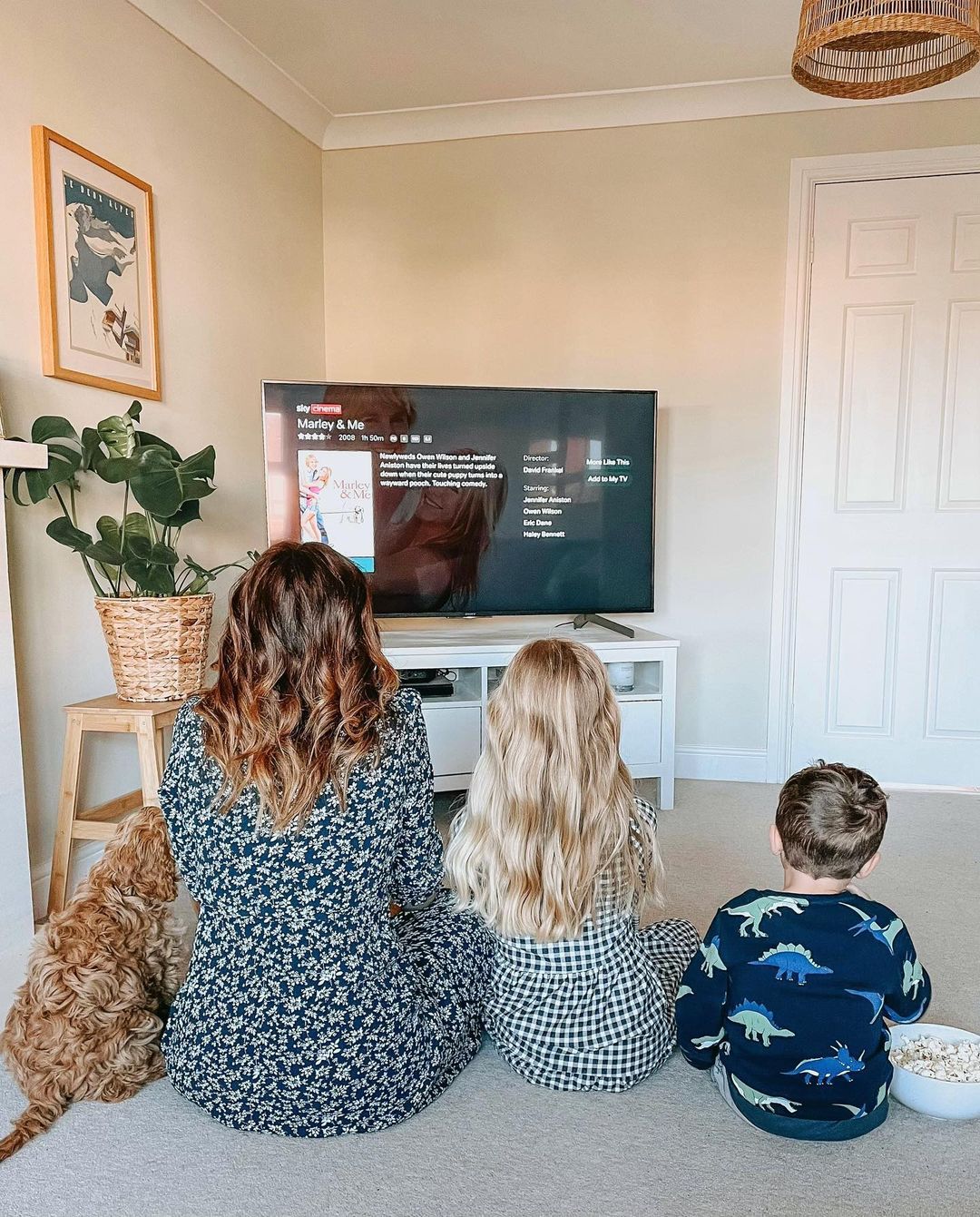Consuming Content Responsibly
Regulating Your Family’s Media Diet Through a Family Media Use Plan
Published: April 23, 2021

photo by Laura Elizabeth
Technology has been lauded for making life more convenient, but as it is with everything, it has its own downsides. A study from Pew Research Center reveals that two-thirds of parents in the US feel that parenting is more challenging in recent times than it was two decades ago. Social media and smartphones may be seen as tools that bridge communication gaps, but parents are getting more anxious that these are causing children to be more “detached.” Kids spend too much time in front of screens watching videos, playing games, or interacting with others online that they forget to nurture their relationships at home.
If you believe that your child is having a hard time balancing their own online and offline lives, it is your responsibility as a parent to step in and provide the necessary guidance needed to steer them to the right path. Creating a Family Media Use Plan can be effective in instilling discipline when it comes to content consumption. Here are some tips to get you started, courtesy of healthychildren.org:
Establish a “Media Curfew.”
Limit entertainment screen time to less than one or two hours per day. Make it clear that using devices is not allowed during mealtime and bedtime. Set aside gadgets and put them out of your kids’ bedrooms, or plug them in a charging station for the night. Out of sight, out of mind!
Do a Watch Party.
Join your kids in viewing their favorite programs. This makes for a great bonding moment and an opportunity for you to determine if they are age-appropriate. You may even suggest media choices that are educational, value-adding, and model good interpersonal skills that your kids can emulate. Maintain a solid stance against watching movies and TV shows that feature sex, drugs, and violence.
Keep Your Eyes Open.
The Internet is a double-edged sword. While it can provide great avenues for learning, it can also cause harm to your children. Put the family computer in a public place so you can catch glimpses of the sites that your kids frequent. Remind them that even with no one looking over their shoulders, their activity can be tracked through their digital footprint. They should understand that any action taken online may be put on record for a long time.
Learn as a Family.
Educate yourself about how popular social networking sites such as Facebook, Twitter, and Instagram work so you can teach your kids to use them correctly, as well as gain a better understanding of how to respond in times of crisis. Talk to them about being good “digital citizens,” spreading positivity instead of toxic statements that might lead to cyberbullying.
